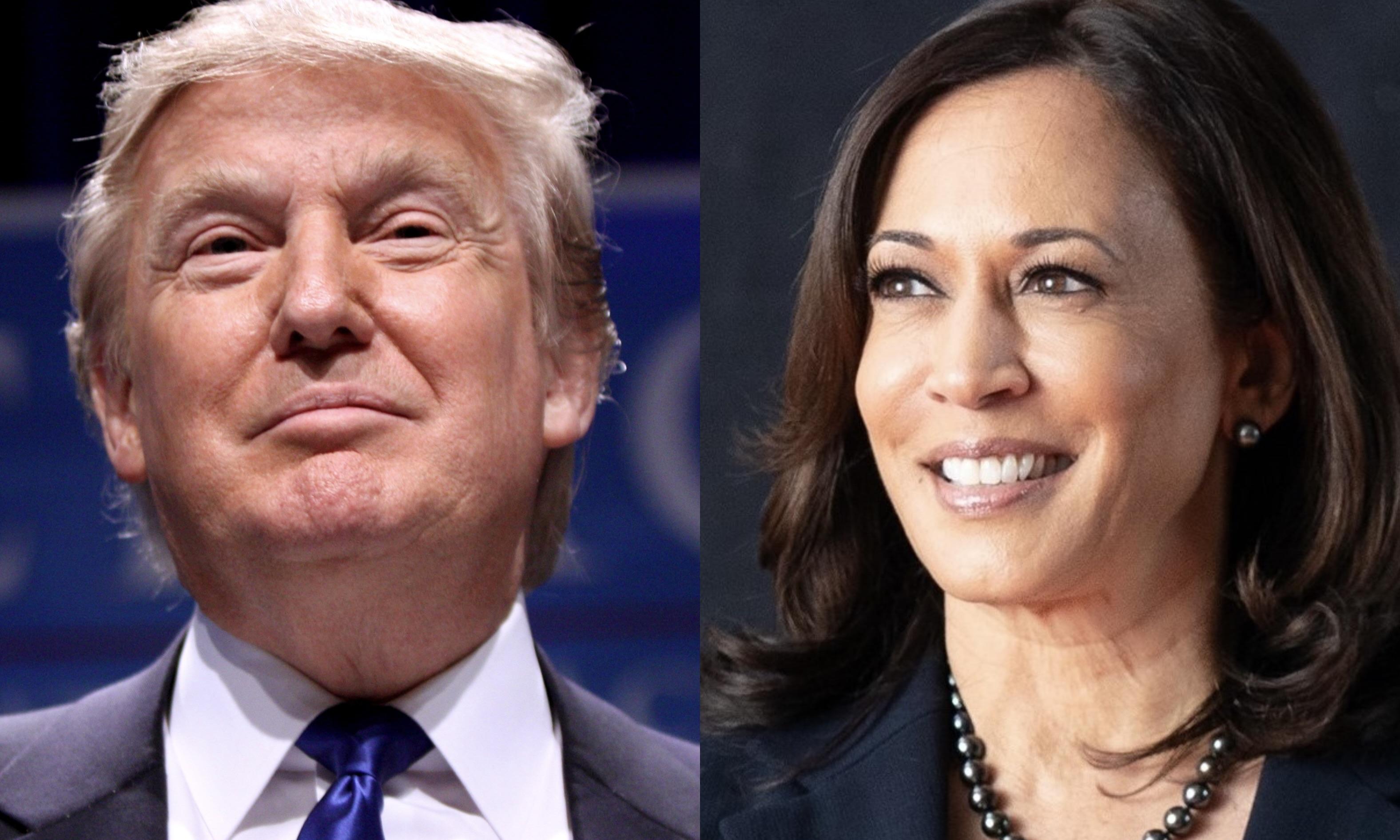As Election Day looms, a staggering 75% of Americans now believe that the country is on the wrong track, according to recent polling data shared by political commentator Tricia McLaughlin. This overwhelming sentiment reflects a growing dissatisfaction with the current direction of the nation and highlights the public’s demand for significant change in the 2024 election. McLaughlin, who posted the statistic on social media, emphasized that these numbers underscore a critical turning point, describing the upcoming election as an opportunity for Americans to redirect the nation’s course.
The data on public sentiment paints a picture of a country struggling with deep concerns across a range of issues, from economic uncertainty to political division. Voters are increasingly vocal about their frustrations with the status quo, and the polls suggest that many Americans are eager for a leadership shift that promises new approaches to ongoing challenges. With inflation, healthcare costs, and crime rates frequently cited among the top issues, the statistic has sparked conversations on social media about what type of “change” voters are seeking.
“This election isn’t just another political cycle. It’s about a fundamental shift,” McLaughlin tweeted, urging citizens to consider the impact of their vote in a critical election year. The sentiment behind her message resonates strongly with millions who are feeling the pressure of economic challenges and social issues that have impacted daily life. For these voters, the call for change reflects both frustration and hope—an expectation that new leadership could steer the nation toward stability.
Political analysts agree that this prevailing mood of discontent could shape the election’s outcome in surprising ways. “When three-quarters of the population feels the country is off course, it signals a demand for leadership that addresses the core concerns people face,” said Dr. James Caldwell, a political science professor at Georgetown University. “This dissatisfaction isn’t just with one party or individual; it’s a sweeping call for effective, actionable solutions to issues impacting Americans on a personal level.”
The sentiment has sparked fervent responses from both sides of the political spectrum. For Democrats, it represents a challenge to convince the electorate that their current policies can deliver results. For Republicans, it’s a potential opening to frame themselves as agents of change, especially in battleground states where close races could hinge on this perception of direction. “If voters feel that the current trajectory isn’t working, it’s a clear sign that they’re open to alternatives,” Caldwell noted.
On social media, McLaughlin’s post has generated a robust discussion, with Americans voicing their thoughts on what specific changes they hope to see. Many comments echoed a call for economic reforms and political unity, while others demanded a stronger stance on international relations and national security. The range of issues cited in these discussions highlights the multifaceted nature of voter concerns and the challenge ahead for candidates who must address these varying priorities.
As the nation inches closer to Election Day, this sense of urgency and desire for a new course underscores the stakes. Whether through policy changes or shifts in leadership, the 2024 election is shaping up to be a referendum on the nation’s future. For now, one message is clear: Americans are demanding more than promises—they’re demanding a new direction.



 Marco Rubio to Brief Congress After U.S.-Israeli Strikes on Iran
Marco Rubio to Brief Congress After U.S.-Israeli Strikes on Iran  Zelenskiy Urges Change in Iran After U.S. and Israeli Strikes, Cites Drone Support for Russia
Zelenskiy Urges Change in Iran After U.S. and Israeli Strikes, Cites Drone Support for Russia  Trump to Attend White House Correspondents’ Dinner 2026, Ending Long Boycott
Trump to Attend White House Correspondents’ Dinner 2026, Ending Long Boycott  U.S.-Israel War on Iran Escalates as Gulf Conflict Disrupts Oil, Air Travel and Regional Security
U.S.-Israel War on Iran Escalates as Gulf Conflict Disrupts Oil, Air Travel and Regional Security  Melania Trump Chairs Historic U.N. Security Council Meeting on Children Amid Iran Conflict
Melania Trump Chairs Historic U.N. Security Council Meeting on Children Amid Iran Conflict  U.S. Lawmakers Question Trump’s Iran Strategy After Joint U.S.-Israeli Strikes
U.S. Lawmakers Question Trump’s Iran Strategy After Joint U.S.-Israeli Strikes  Russia Signals Openness to U.S. Security Guarantees for Ukraine at Geneva Peace Talks
Russia Signals Openness to U.S. Security Guarantees for Ukraine at Geneva Peace Talks  Pentagon Downplays ‘Endless War’ Fears After U.S. Strikes on Iran Escalate Conflict
Pentagon Downplays ‘Endless War’ Fears After U.S. Strikes on Iran Escalate Conflict  AI is already creeping into election campaigns. NZ’s rules aren’t ready
AI is already creeping into election campaigns. NZ’s rules aren’t ready  U.S. Deploys Tomahawks, B-2 Bombers, F-35 Jets and AI Tools in Operation Epic Fury Against Iran
U.S. Deploys Tomahawks, B-2 Bombers, F-35 Jets and AI Tools in Operation Epic Fury Against Iran  Trump Says U.S. Attacks on Iran Will Continue, Warns of More American Casualties
Trump Says U.S. Attacks on Iran Will Continue, Warns of More American Casualties  Why did Iran bomb Dubai? A Middle East expert explains the regional alliances at play
Why did Iran bomb Dubai? A Middle East expert explains the regional alliances at play  Trump Launches Operation Epic Fury: U.S. Strikes on Iran Mark High-Risk Shift in Middle East
Trump Launches Operation Epic Fury: U.S. Strikes on Iran Mark High-Risk Shift in Middle East  Israel Launches Fresh Strikes on Iran After Death of Supreme Leader Ayatollah Khamenei
Israel Launches Fresh Strikes on Iran After Death of Supreme Leader Ayatollah Khamenei  Israel Strikes Hezbollah Targets in Lebanon After Missile and Drone Attacks
Israel Strikes Hezbollah Targets in Lebanon After Missile and Drone Attacks  UK Accepts U.S. Request to Use British Bases for Defensive Strikes on Iranian Missiles
UK Accepts U.S. Request to Use British Bases for Defensive Strikes on Iranian Missiles  Argentina Tax Reform 2026: President Javier Milei Pushes Lower Taxes and Structural Changes
Argentina Tax Reform 2026: President Javier Milei Pushes Lower Taxes and Structural Changes 































